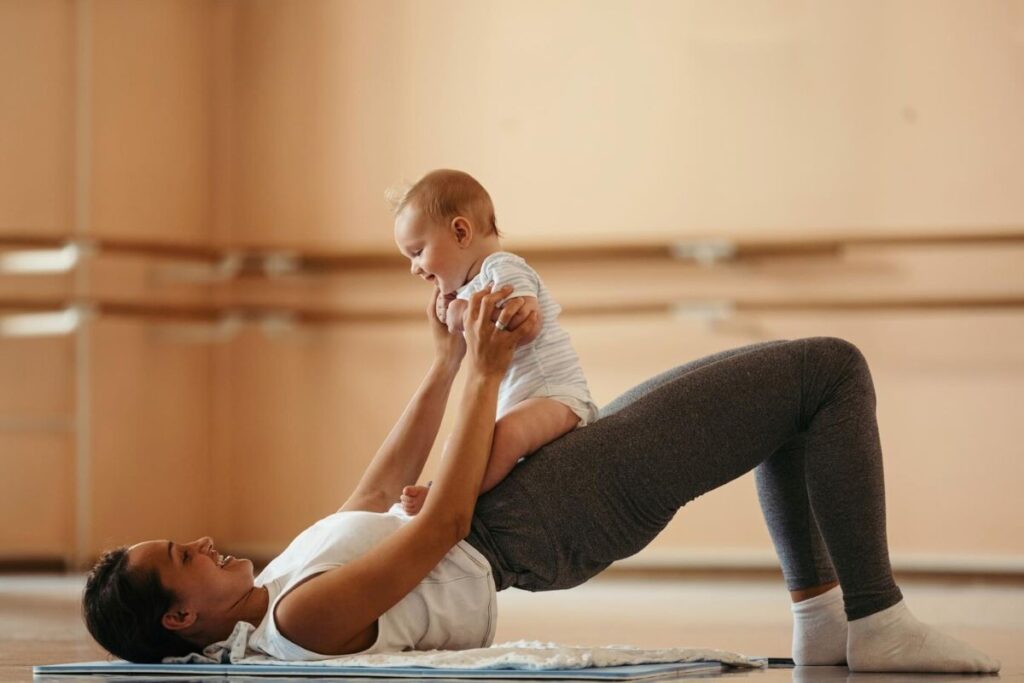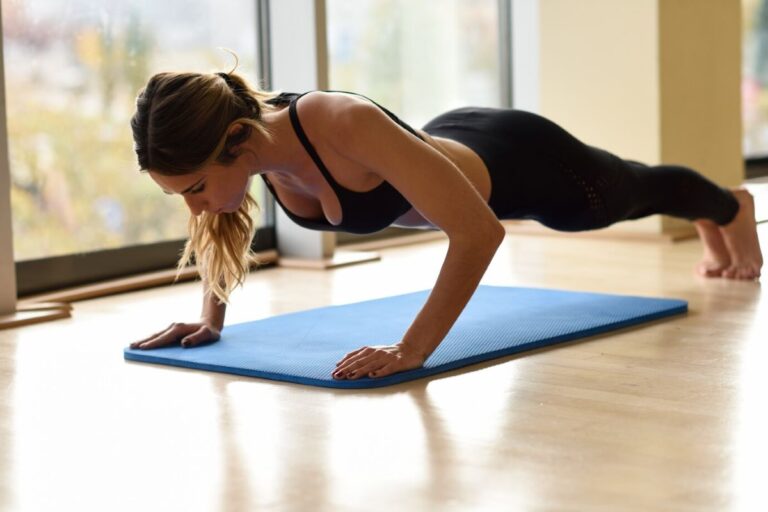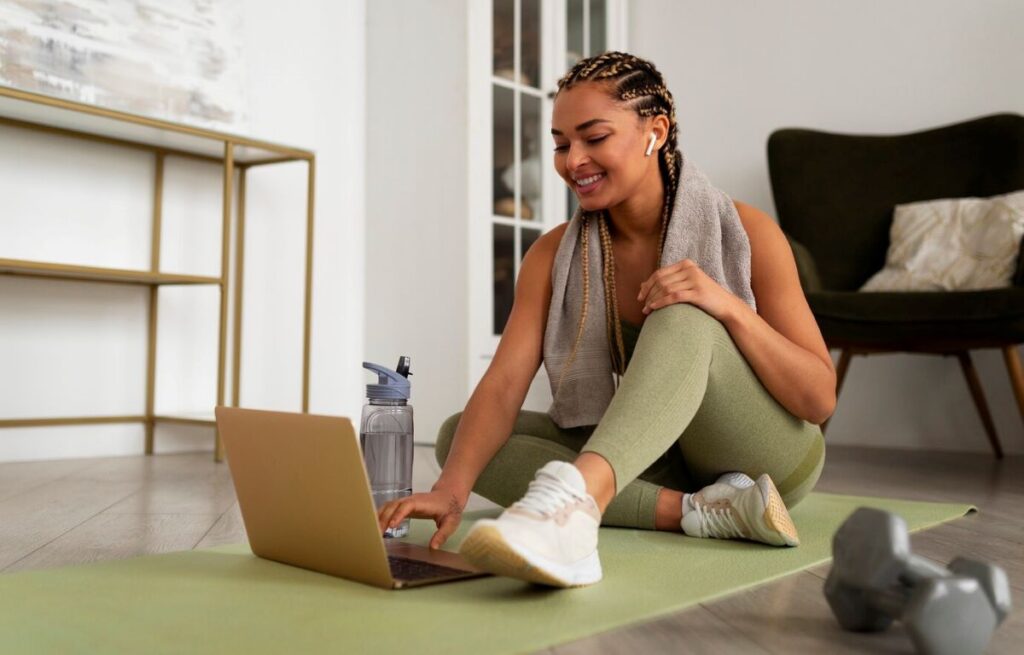How soon after giving birth can you start working out? That’s one of the biggest questions on the lips of every new mother. There is a lot of conflicting information when it comes to childbirth in general, and especially when it comes to postnatal exercise. If you’ve recently given birth or will be giving birth soon, first of all, congratulations! Secondly, you may find yourself struggling to know when you should start exercising, or if you should bother exercising at all.
Benefits
There are a lot of benefits to exercising after birth, the most important being that it helps strengthen and tone your abdominal muscles, helps to strengthen your back muscles, can boost your energy and relieve stress, and in some cases may help prevent postpartum depression.
The key thing here is to forget about that whole “bouncing back” nonsense. It took nine months for your body to create your baby, your body will not go back to the way it was overnight. You have experienced so many changes, and you need to be gentle with yourself by prioritizing your health first.
Wait Times
How soon you can start exercising is different for everyone and depends on your health and level of physical fitness pre and during pregnancy, as well as the type of birth you had. If you had a healthy pregnancy and normal vaginal delivery without tearing, you can start exercising soon after birth. However, if you experienced tearing, complications, or a caesarean section, you’ll need to wait a little longer. It’s recommended that you speak to your doctor before starting any exercise to ensure that you are healing properly if you experienced this type of birth.
Your doctor should be able to guide you towards the best work-out regimen for you so that you can continue to heal, as it will take months before you are fully healed. Again, you need to prioritize your health and start with really gentle easy exercise. If you don’t feel ready, it’s best to wait. Waiting to start exercising can help prevent hernias, injuries such as muscle tears, and pelvic organ prolapse, so you should truly only start when you feel ready.
Generally speaking, at six weeks you can start going for walks, don’t do anything more intense, for instance aerobics or running, until at least twelve weeks, and do not return to your fitness regimen from before pregnancy until at least four to six months after birth. But again, these are only guidelines, so be sure to speak to your doctor so you can figure out what’s best for you.
Exercise Recommendations
Start with very light exercise once you feel ready. Your lower back and core abdominal muscles will most likely be weaker than they used to be, as pregnancy causes your abdominal muscles to lengthen and stretch, and you may find that the left and right abdominal muscles have separated, also known as diastasis recti. In addition, pregnancy puts a lot of strain on your lower back, and you’ll want to address these two issues first to help prevent future health problems. Plus, you may be experiencing some of the negative side effects that come with childbirth such as urinary incontinence.
So, while it’s recommended that you get at least 150 minutes of low to moderate exercise per week, do not be hard on yourself if you need to work up to this. During the early postpartum days, you are at greater risk for injury, so take it slow and easy, and build up your workouts gradually.
Start by going on short ten minute walks, in addition to carrying out gentle pelvic floor and abdominal exercise. The most common pelvic floor exercises are of course Kegels, and abdominal exercises including standing up and sitting down, and picking up your baby. While holding anything, be sure to hold it close to your body to prevent strain or injury and be sure to breathe out when exerting any kind of energy as it is counter-intuitive to hold your breath.
When to Stop
Stop exercising if you feel pain, if you begin to bleed more, or your blood changes colour. You should see a doctor right away if you experience any dizziness, nausea, changes in vision, experience an increase in incontinence, or notice any pressure or swelling in your pelvic area.
Lily Frances | Staff Writer









